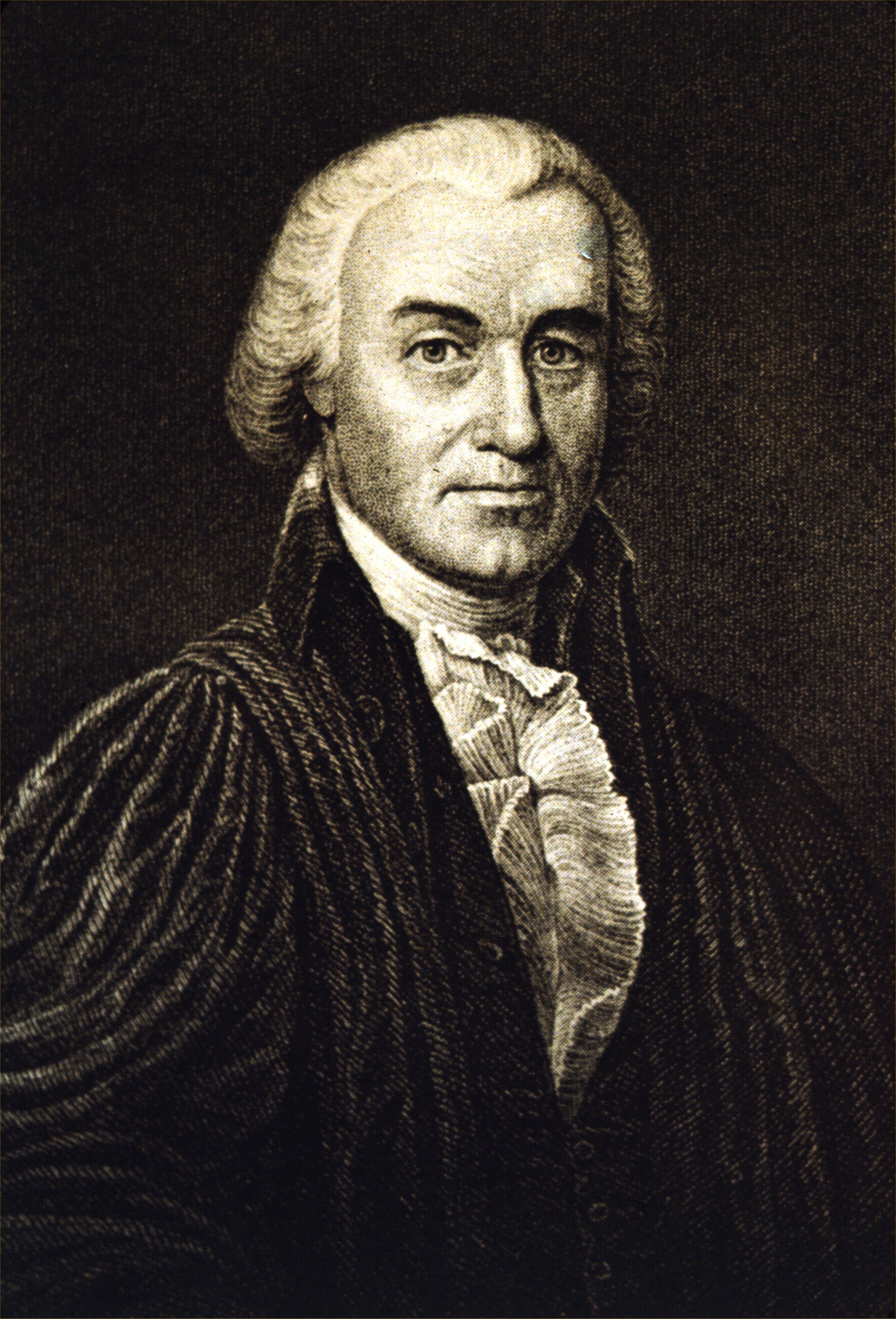Get Today in Masonic History into your Inbox. Sign up today for one of our email lists!
Need an article for your Trestleboard/Newsletter see our Use Policy
Oliver Ellsworth is Born

Today in Masonic History Oliver Ellsworth is born in 1745.
Oliver Ellsworth was an American politician and jurist.
Ellsworth was born on April 29th, 1745 in Windsor, Connecticut. In 1762 he attended Yale University before transferring to the College of New Jersey, now Princeton, at the end of his second year. After the next two years at Princeton, he graduated with a Bachelor of Arts. Before long he started studying law. After four years of study he was admitted into the bar in 1771.
In 1777, Ellsworth became the Connecticut's states attorney for Hartford County. The same year he was chosen to serve in the Continental Congress. He served on a variety of committees including the Committee of Appeals which is considered the forerunner of the Federal Supreme Court.
In 1779, Ellsworth served on the Council of Safety for Connecticut. Along with the governor, the council controlled all military measures within the state.
In 1787, Ellsworth became part of the Constitutional Convention in Philadelphia. He was involved in two significant points while serving as a delegate. The first was the naming of the "United States." He was not the first to coin the phrase United States, it had been used in the Declaration of Independence, the Articles of Confederation and Thomas Paine's The American Crisis. Ellsworth proposed retaining the original wording as it appeared in previous documents. It was not until the final draft of the Constitution the full "United States of America" was used.
The second significant item Ellsworth was involved in was the Great Compromise, also sometime called the Connecticut Compromise. This created a two chambered legislative body, along with an executive and judicial branch of the government. Ellsworth knew the compromise had no chance of passing without the support of the two Carolinas and Georgia. Despite having spoken out in favor of the abolition of slavery, Ellsworth came out in favor of the Three-Fifths Compromise, which was used to determine the population of states for the purpose of the determining seats in the House of Representatives. The Three-Fifths Compromise allowed slaves in a state to be counted as three-fifths of a person. He also opposed the abolition of the slave trade. Through out his support of these measures he made it clear he was not a slave owner.
In 1789, Ellsworth became a United States Senator from Connecticut. He served until 1796. During the years Ellsworth was in the Senate there are no real public records of what was happening there. No way for the public to visit the proceedings either. Some blamed Ellsworth directly for this, he is described by some as a person who had total and complete control of the Senate sessions. It is theorized by some it is was less the power Ellsworth wielded which upset others, it was Ellsworth's desire to make private deals, rather than to have public debates. Especially in the light of the 1789 Judiciary Act which formed the Judiciary branch of the Federal Government. A sticking point at the Constitutional Convention was the ability of Federal courts to supersede State courts. In the Judiciary Act it was made clear the Federal Supreme Court overruled the State Supreme Court in matters where a law was accepted by the State Supreme Court, not in matters where the law was rejected.
Ellsworth also sponsored the Acceptance of the Bill of Rights in the Senate.
In 1796, Ellsworth became the Chief Justice of the United States Supreme Court. He served until 1801. He resigned due to health issues occurring on a trip to France to negotiate trade issues with Napoleon.
In 1803, Ellsworth became a member of the American Academy of Arts and Sciences.
Ellsworth passed away on November 26th, 1807.
Ellsworth was a founding member of St. John's Lodge in Princeton, New Jersey.
This article provided by Brother Eric C. Steele.

